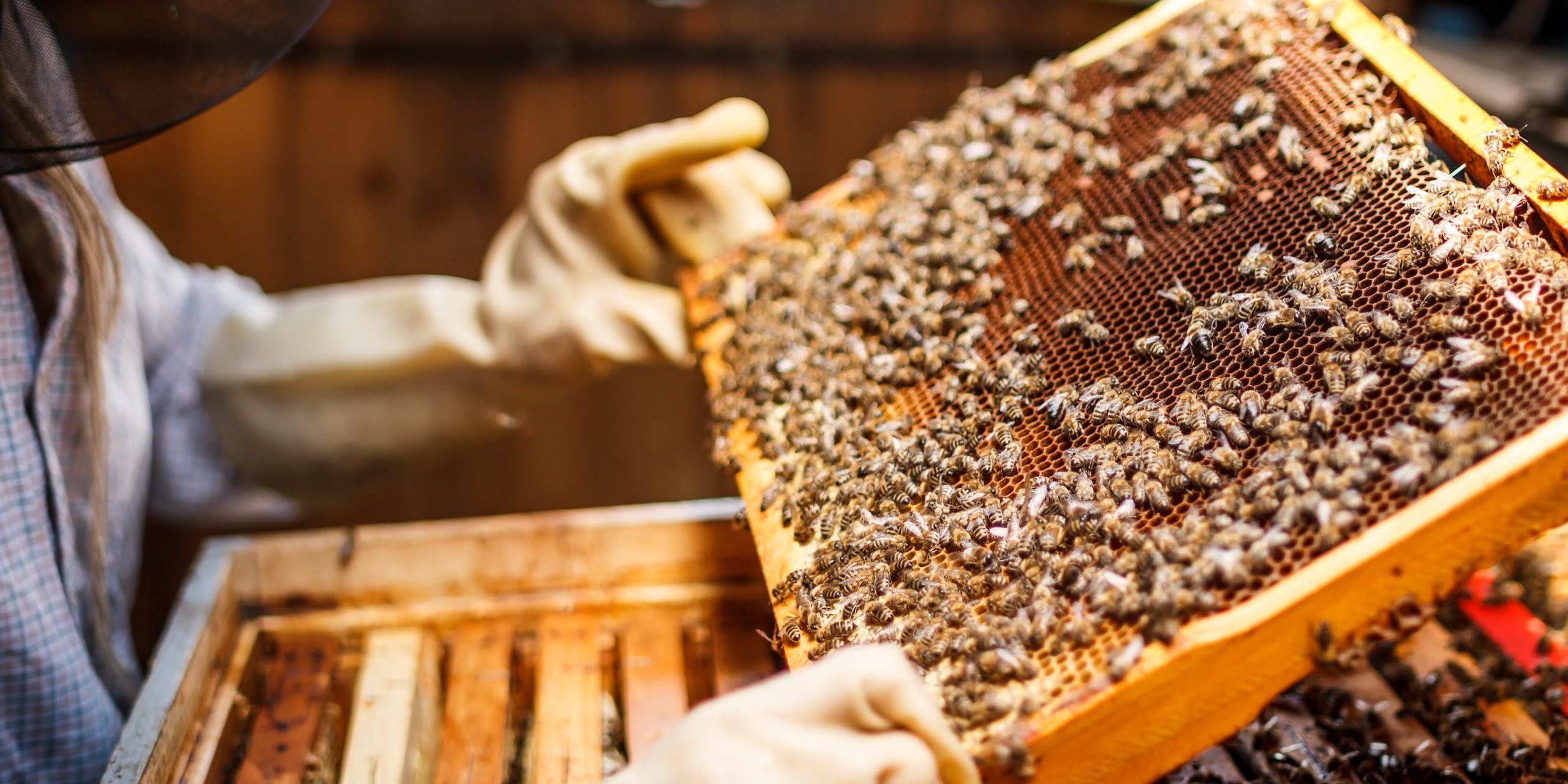



Article by: Hari Yellina
Despite a bee parasite being found in northern New South Wales, Victorian authorities have announced that bee colonies from three states would be permitted to pollinate almonds in the coming weeks. A biosecurity zone has been established encompassing the Hunter Valley, Mid North Coast, Central Coast, and Narrabri, where there are currently 40 afflicted establishments, after the varroa mite was discovered at the Port of Newcastle last month. Rosa Crnov, Victoria’s Chief Plant Health Officer, said the Sunraysia region’s bee-moving permit could be obtained on the Agriculture Victoria website. It shouldn’t take long for officers to evaluate the application, she said.
Additionally, beekeepers must check their hives before leaving. “All loads must be tested and given either a sugar shake or alcohol wash test because everyone is required to test 10% of their hives. And if at all feasible, drone uncapping or brood uncapping inspections would be beneficial, but this time of year is challenging because it is cold and difficult to do these inspections, “added Dr. Crnov. Queensland beekeepers will be permitted to pass through New South Wales in order to give pollination services in Victoria, but Dr. Crnov warned that there would be restrictions.
According to the Almond Board of Australia, under these plans, Victoria will lack 80,000 hives for almond pollination. Tim Jackson, the chief executive officer, said bee biosecurity bubbles could be constructed in north-west Victoria, allowing certain regions to only receive bees from New South Wales. We estimate that there are 15,000 hives in close proximity to Victoria, outside of Mildura, which had not been in the contamination zone in northern New South Wales. In order to make sure that the bees that are currently sitting there can be transported across into the almond orchards within that bubble, we’re pushing very hard to see if we can’t get some sort of dispensation case by case basis analysis and testing.
Commercial bee hives will be permitted to be moved if they are located outside of varroa zones, the NSW government announced on Saturday. Permits and the successful completion of an online training module are required. Mr. Jackson admits that developing the bee bubble will be difficult and that time is running out. He stated, “There are certain orchards with absolutely no bees, and we need the bees in there within the next week or so. Dr. Crnov stated that the recommendation from the Almond Board of Australia was being taken into consideration, along with fresh data from the NSW authorities. So far, we haven’t issued any permits to beekeepers in New South Wales, but that is about to change, she said. In coming days there’ll be risk assessments done and there could be changes to the current conditions, but we need to work through those in a methodical way.”